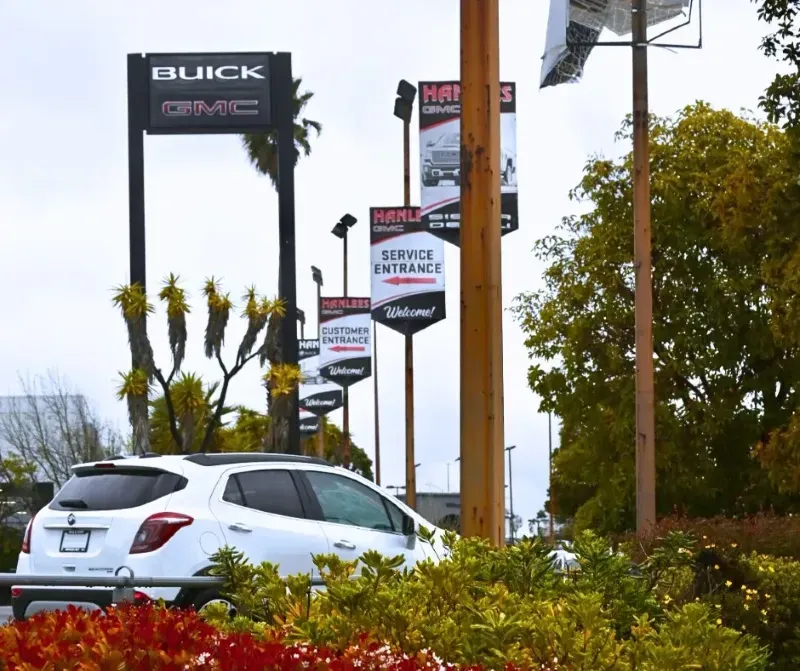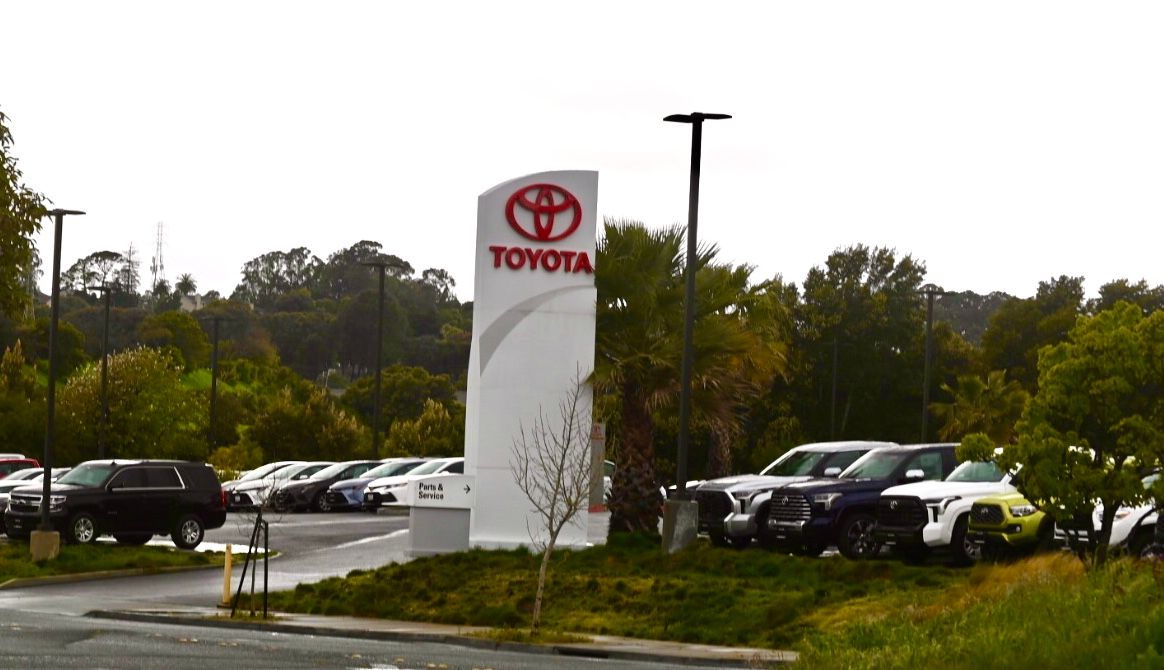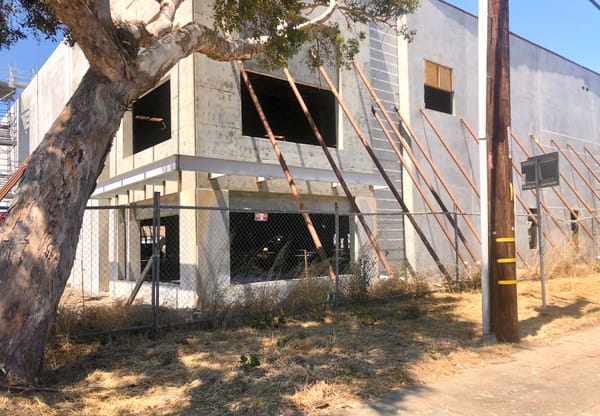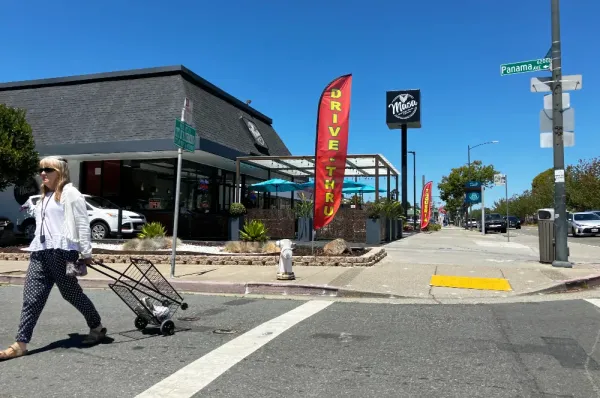Hilltop auto dealership Measure U lawsuit moves forward

A Contra Costa County Superior Court judge has rejected Richmond’s attempt to dismiss a claim filed by local auto dealers to invalidate an increase in business taxes levied under Measure U.
Six Hilltop Auto Mall dealerships filed suit last year, claiming the new rate structure approved by voters in 2020 led to an unconstitutional 8,000 percent increase in taxes. The first year the taxes were calculated based on the dealership’s gross receipts in 2022, taxes jumped to $1.125 million. The dealerships previously paid about $14,000 per year based on the number of employees.
Attorneys for Richmond attempted to dismiss the lawsuit arguing the dealerships failed to exhaust administrative remedies to reduce their business taxes.
The dealers, Hanlees Hilltop Buick GMC, Hanlees Hilltop Toyota, Hanlees Hilltop Nissan, Hanlees Hilltop Hyundai, Hilltop Ford/Kia, and Hilltop Chrysler Jeep Dodge, say the city failed to follow its own procedures.
The dealers requested the city manager adjust the Richmond business tax for automotive businesses. According to a complaint filed by the dealerships, the city manager has not taken any formal action to reduce the business tax rate or refund the excess tax paid under protest.
Attorneys for Richmond attempted to dismiss the lawsuit arguing the dealerships failed to exhaust administrative remedies to reduce their business taxes.
“The judge rejected the city’s attempt to dismiss my dealership clients’ claims that Richmond’s 8,000 percent increase in the tax imposed as a condition to their doing business in Richmond is confiscatory and unconstitutional, and my client’s case will move forward,” said Andrew Bassak, attorney for the dealerships.
Bassak said the Richmond business tax rate for the dealership is far in excess of what is reasonably charged by other cities in Contra Costa County and needs to be reduced to an appropriate level.
The dealers claim the city taxes other large retailers significantly less despite much higher profit percentages. The Richmond Business Tax includes a separate category for other retail sales that applies to large retailers like Walmart, Target, and Costco, which typically range between 3-12 percent. The dealers contend the tax consumes all of their nearly net profit percentages.

“For some of my client dealerships, this arbitrary increase results in a tax larger than their annual profit, which is untenable for these family-owned businesses,” Bassak said.
The city was successful in removing one of the dealerships’ claims. A judge agreed with city attorneys that the business tax does not constitute an illegal taking under the California Constitution and U.S. Constitution.
“Plaintiffs’ allegations are fundamentally flawed. It is beyond dispute that taxes are not takings,” Jamie Traxler, an attorney for the City of Richmond, wrote in legal papers. “Indeed, taxation for a public purpose, however great, is not the taking of private property for public use within the meaning of the Takings Clause.”
The dealers alleged that the new tax system violates their constitutional rights to engage in interstate commerce under the U.S. Constitution’s Dormant Commerce Clause and violates their right to equal protection under the Fourteenth Amendment.
According to an order filed by the Contra Costa County Superior Court, Richmond needed to prove the dealerships didn’t follow the proper procedures before filing the lawsuit.
“The City, as the demurring party, bears the burden of showing plaintiffs’ failure to exhaust. The City’s RJN (Request for Judicial Notice) does not attach plaintiffs’ application or any judicially noticeable evidence that an investigation by the City Manager has commenced. In the absence of any showing by the city, the allegations of the complaint must be taken as true,” Judge Charles Treat wrote.
The court also noted the process outlined in Measure U might not be able to address the plaintiffs’ concerns. The dealerships would need to request the city manager adjust their taxes yearly, which is not a reasonable solution.
“This would address the amount in a given year, but not the existence of the tax rate as applied to the plaintiffs overall, which is what plaintiffs challenge in this case. The exhaustion process as outlined in Measure U would potentially be incapable of addressing plaintiffs’ concerns raised in the complaint,” Treat wrote.




